Quis autem velum iure reprehe nderit. Lorem ipsum dolor sit nulla or narjusto laoreet onse ctetur adipisci.
Quis autem velum iure reprehe nderit. Lorem ipsum dolor sit nulla or narjusto laoreet onse ctetur adipisci.

Periods in a pandemic
Almost a year ago in a run down paltry house, was a woman hanging her period clothes under her bed to dry. She was obligated to keep the most pure aspect of her femininity as it was unhygienic and conspicuously displaying the clothes was frowned upon. Today, the same woman has to prioritize her water needs, where basic sanitation comes before anything else, even her period clothes. How did it come to this?
 As the Coronavirus crept into our lives, we deviated more and more from ‘normal’, the chaos of it all made us forget about the unfortunate many who had never seen our normal. With increasing cases, the pandemic aggravated an already grim environment for women by causing an increase in gender-based domestic violence, child marriages, unpaid work, and more. It also made managing health harder than before. We at Myna closely looked at the ways the pandemic affected women in the urban slums. Our on-ground surveys brought us to the conclusion that along with ration, sanitary relief was of equal importance. To combat the lack of food supplies, stigma attached to the virus and the loss of income, through our 8-point plan, we reached out to the vulnerable groups in Mumbai’s slums. Here are a few facts to support what we found:
As the Coronavirus crept into our lives, we deviated more and more from ‘normal’, the chaos of it all made us forget about the unfortunate many who had never seen our normal. With increasing cases, the pandemic aggravated an already grim environment for women by causing an increase in gender-based domestic violence, child marriages, unpaid work, and more. It also made managing health harder than before. We at Myna closely looked at the ways the pandemic affected women in the urban slums. Our on-ground surveys brought us to the conclusion that along with ration, sanitary relief was of equal importance. To combat the lack of food supplies, stigma attached to the virus and the loss of income, through our 8-point plan, we reached out to the vulnerable groups in Mumbai’s slums. Here are a few facts to support what we found:
- Low Supply and More Demand: With economies crashing, trading of goods significantly declining, the supply of essential items are scarce, especially menstrual care products. It isn’t the toilet paper shelves alone that are empty, sanitary napkins are out of stock as well. A survey of 30 countries by Plan International reports that about three quarters of health professionals from Kenya to Australia experienced supply shortages. Our experience in India’s urban slums is no different.
- Unhygienic Options: As hygiene and cleanliness have taken a forefront, areas with reduced access to clean water struggle to keep up. Menstrual Health Alliance of India(MHAI) conducted a study that discovered a quarter of women in India and parts of Africa with hindered access to hygiene and period products. This impediment drives women to opt for alternative methods which are unhygienic and can make them more prone to vaginal infections.
- Poverty: The Greater Villain: Living in poverty does not make the situation any more feasible. Lesser salaries and higher prices force people to choose between their essentials leading to instances where women buy food instead of sanitary napkins.
- A Change in the Cycle: A change in lifestyle, sleep, and diet can cause considerable changes in our menstrual cycle. Increase in stress levels ironically is now the villain, and women missing their periods are more anxious than ever. The one responsible for it all is the hero of most bodily stories; the hypothalamus. A change in information received by the gland can eventually lead to a change in your period.
- Social Stigma: According to WHO, the outbreak has provoked social stigma and discriminatory behaviours against people of certain ethnic backgrounds as well as anyone perceived to have been in contact with the virus. The confusion, anxiety, and fear among the public can also fuel harmful stereotypes.
- Low Awareness: The inadequacy of facts, information, and battling fake news has made these issues more difficult than ever. Our work showed us that a majority of the population from low-income communities has been largely impacted due to a lack of awareness.
The predicted and ongoing impact of COVID-19 is not only worrying, but also a reminder of why it’s important to work for these women. Through our relief efforts, we have supported 80,000+ people by providing essentials like face masks, food kits, and over 2,00,000+ sanitary napkins.
Our ongoing campaign, Pledge A Period, is designed keeping in mind the negative implications of COVID-19, and ways to combat them. Join our mission and help us create awareness, information, and essential items more accessible for these vulnerable women.

We would like to thank all our donors and sponsors for their continuous support.
If you’d like to donate to the Myna Mahila Foundation click here.
Resources:
McPherson, Poppy. “Pandemic Worsens Pain of Periods for Women across the World: NGO.” Reuters, 28 May 2020
Katy Chadwick & Ruby Bayley-Pratt. “Periods & Pandemics: The Call to End Period Poverty Must Be Louder than Ever.” ActionAid UK
Rosenbloom, Cara. “Another Routine the Pandemic Has Disrupted: Your Period.” The Washington Post, 25 August 2020,
“Periods in a Pandemic.” Plan International, 28 May 2020
“Periods in the Pandemic: 9 Things We Need to Know.” UNICEF, 31 Aug. 2020
“Social Stigma associated with COVID-19” WHO
